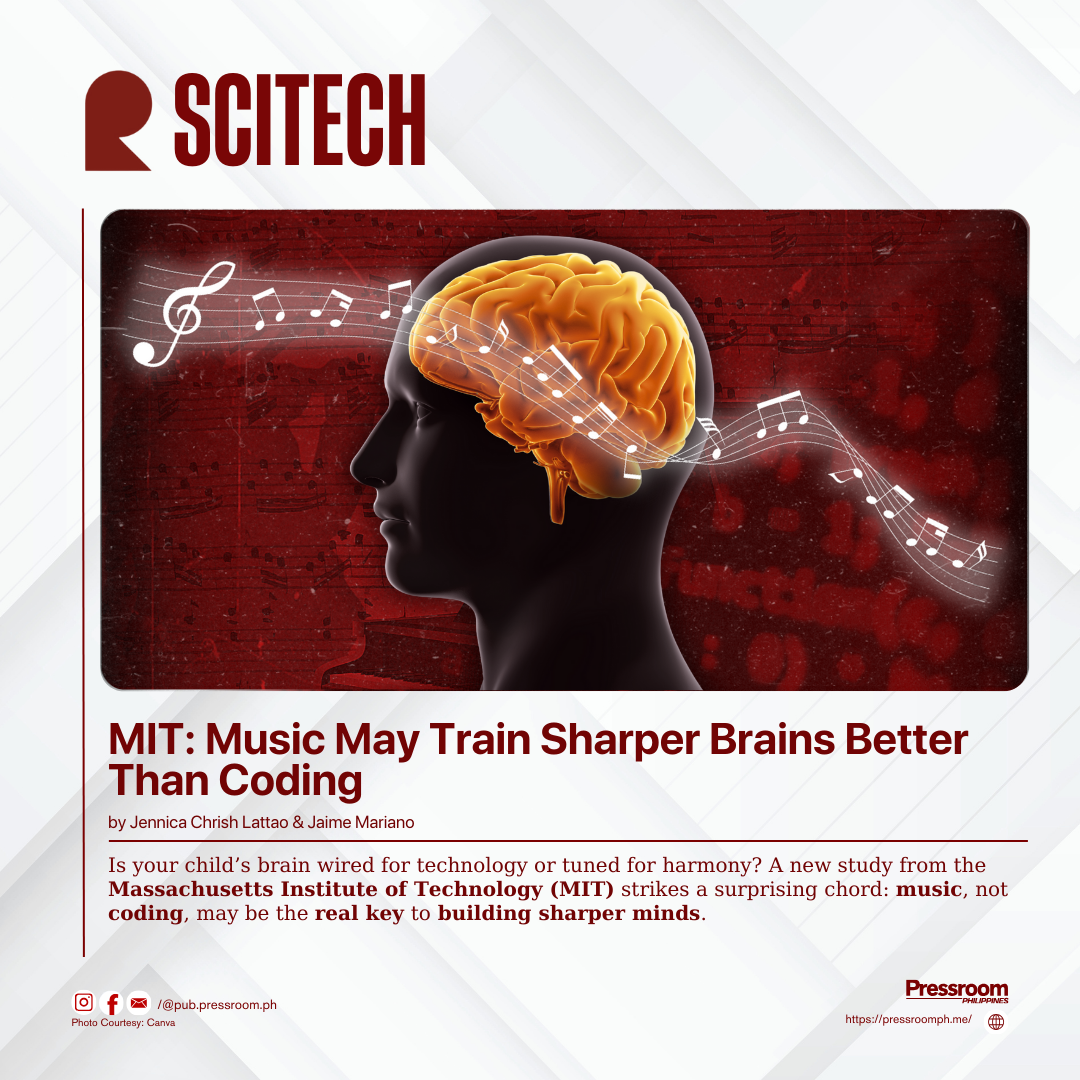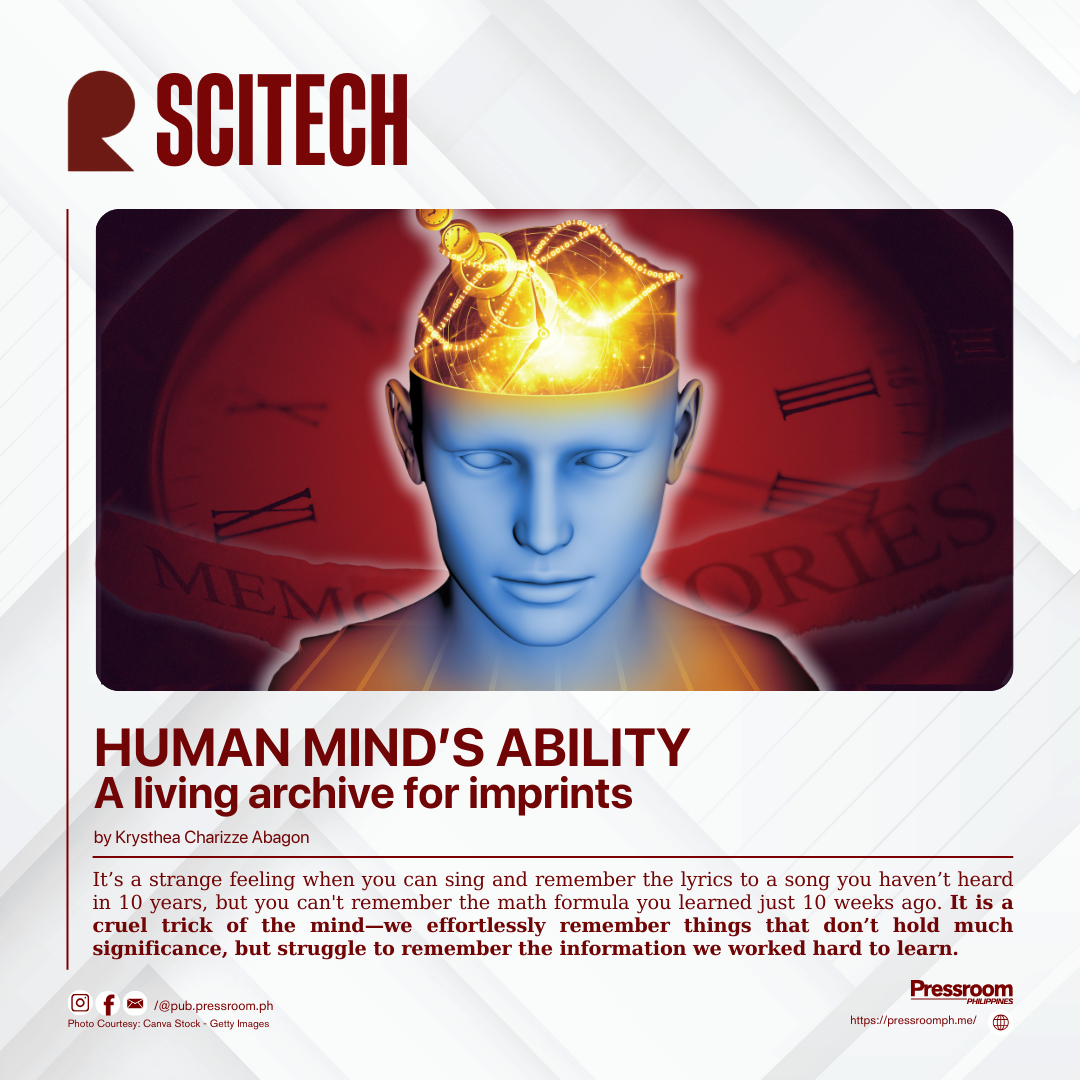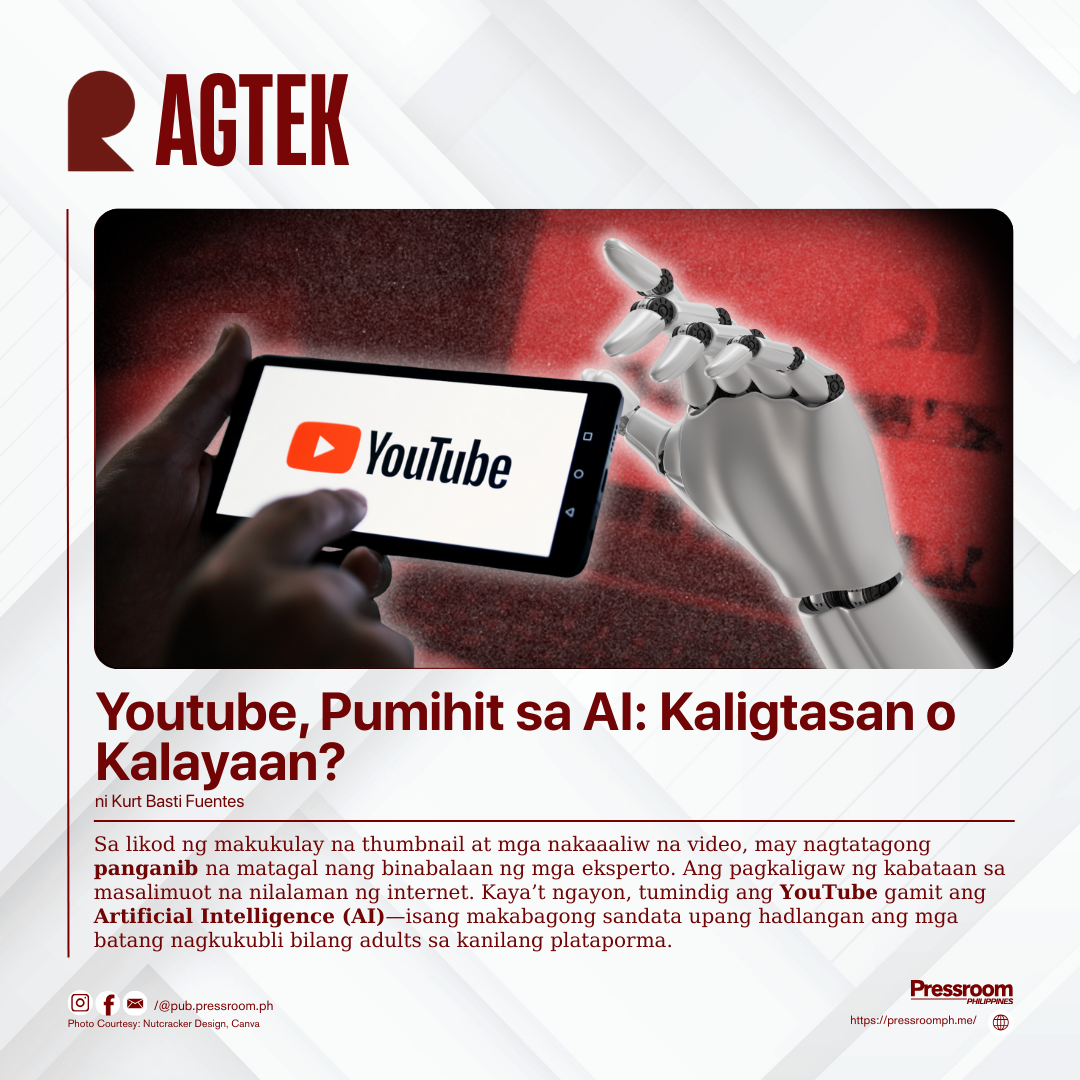via Jennica Chrish Lattao & Jaime Mariano, Pressroom PH
Is your child’s brain wired for technology or tuned for harmony? A new study from the Massachusetts Institute of Technology (MIT) strikes a surprising chord: music, not coding, may be the real key to building sharper minds.
In a STEM-driven age where coding is hailed as the ultimate future skill, MIT researchers reveal that music actually activates and strengthens more areas of the brain. Learning an instrument from a young age works like a full-brain workout: boosting memory, enhancing language, sharpening focus, and unlocking creativity in ways coding alone cannot.
Josh McDermott, Associate Professor of Brain and Cognitive Sciences at MIT, explains, “Music may provide a unique window into understanding the neural basis of complex cognitive functions.” And unlike short-lived academic boosts, the mental benefits of music can echo across a lifetime, preparing young minds to adapt and innovate.
So while coding may teach kids to build apps, music trains them to build thought itself: deeper, more flexible, and more creative. Science now backs what many have long suspected—that musicians aren’t just artistic, they’re wired to think sharper.
Around the world, education systems are beginning to take note. Countries like Finland and Japan have long emphasized music as central to childhood learning, pairing it with math and language as equal pillars of development. Their consistently high scores in global education rankings suggest that music may be a silent factor fueling national success.
Parents, too, are realizing that music lessons aren’t just extracurricular fluff but powerful tools for growth. A child who practices piano or violin isn’t simply learning scales—they are learning patience, discipline, and the art of problem-solving through rhythm and repetition. These soft skills translate to harder ones later in life: persistence in academics, resilience in the workplace, and empathy in human interaction.
Perhaps most importantly, music builds connections that no algorithm can replicate. Whether in a school band, choir, or even just strumming a guitar at home, music nurtures collaboration, emotional intelligence, and the ability to listen—not just to notes, but to each other. In a future where machines will take over much of coding, these human skills may prove the sharpest edge of all.






